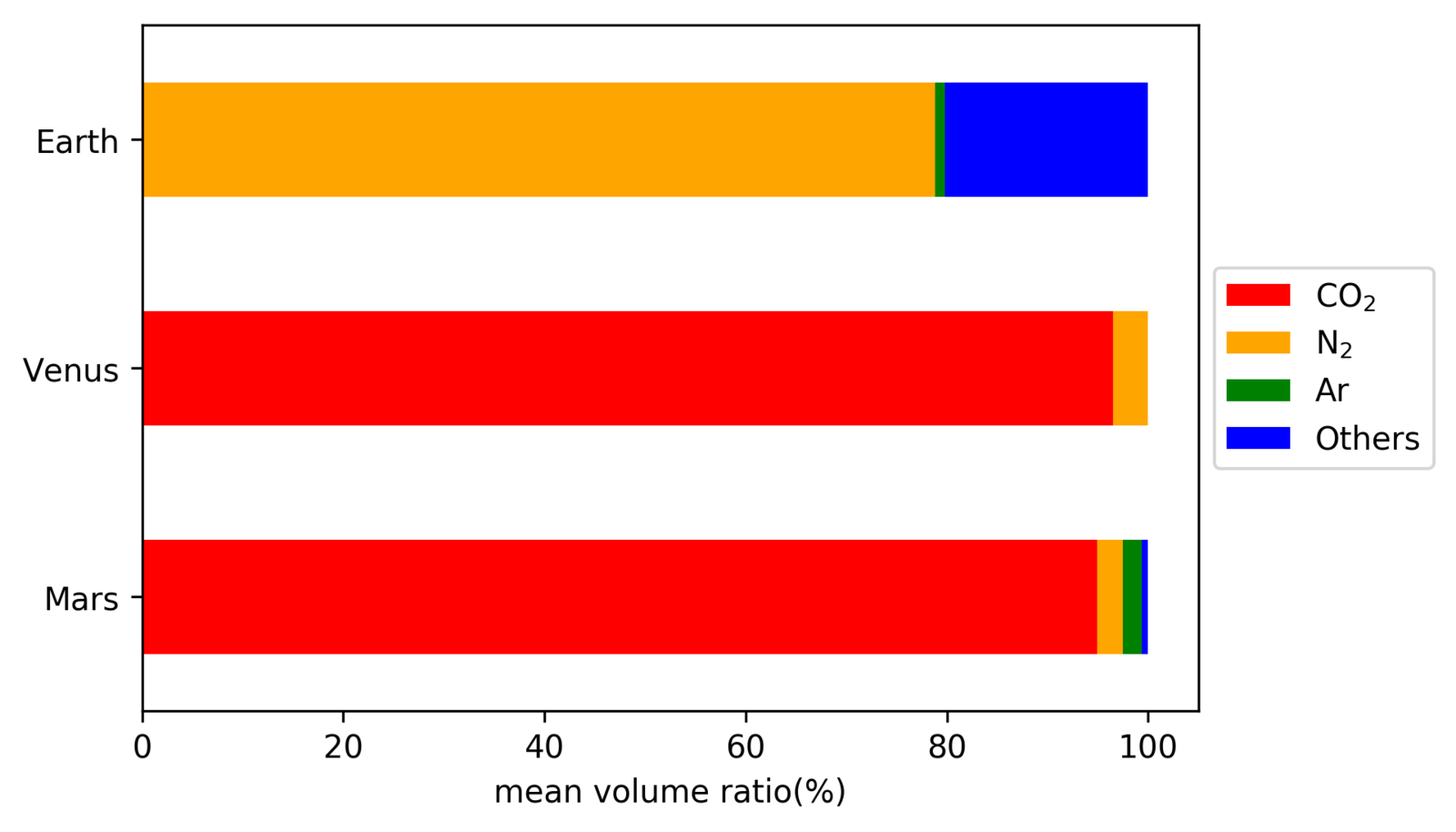Mars has long loomed as a figure in human mythology and art. In the age of space exploration, though, Mars has taken on a new role: potential destination. It’s possible that, someday, humans may live on the Red Planet. To prepare for such an adventure, we must understand the ways in which Mars differs from our own planet.

Image by Real YC, CC BY-SA 4.0 via Wikimedia Commons.
A student in Dr. David Catling’s Planetary Atmospheres course at the University of Washington drastically improved Wikipedia’s coverage of the atmosphere of Mars, nearly doubling the article’s size (check out the Authorship Highlighting feature of the Dashboard to see!). The student is responsible for four out of every five words on the article, which is viewed 500 times per day or more. And they added 218 additional references to scientific sources! Not only did the student meet their educational goals by researching and learning about Mars’s atmosphere, but they were able to enhance public knowledge by sharing knowledge on one of the web’s biggest platforms.
Dr. Catling’s course examined a variety of topics in comparative planetology, yielding some fascinating Wikipedia contributions. Students expanded existing articles like the one about the origin of water on earth and even created brand new ones like the article about the skin temperature of an atmosphere.
When students participate in a Wikipedia assignment, they gain valuable experience in writing about complex research topics for a general audience, a skill they can take with them beyond college. That students get to feel like experts and contribute to public scholarship at the same time is a pretty unique outcome for any assignment.
Interested in incorporating a Wikipedia writing assignment into a future course? Visit teach.wikiedu.org for all you need to get started.

and that’s what we would hope from all university courses